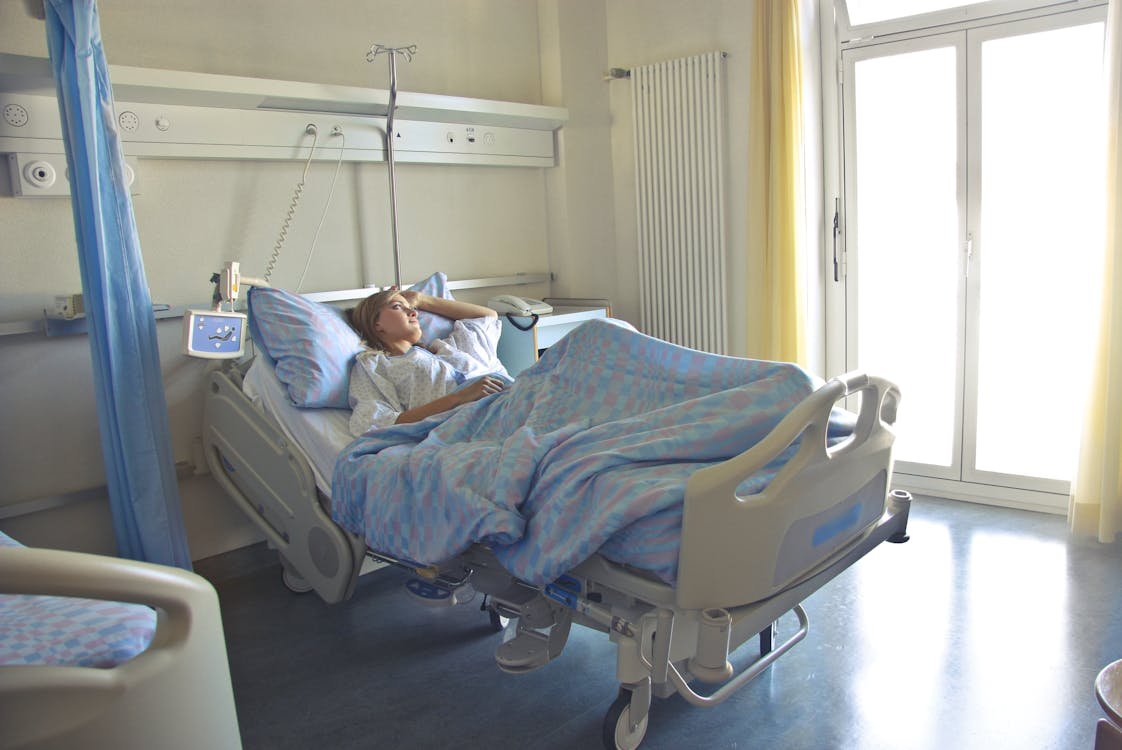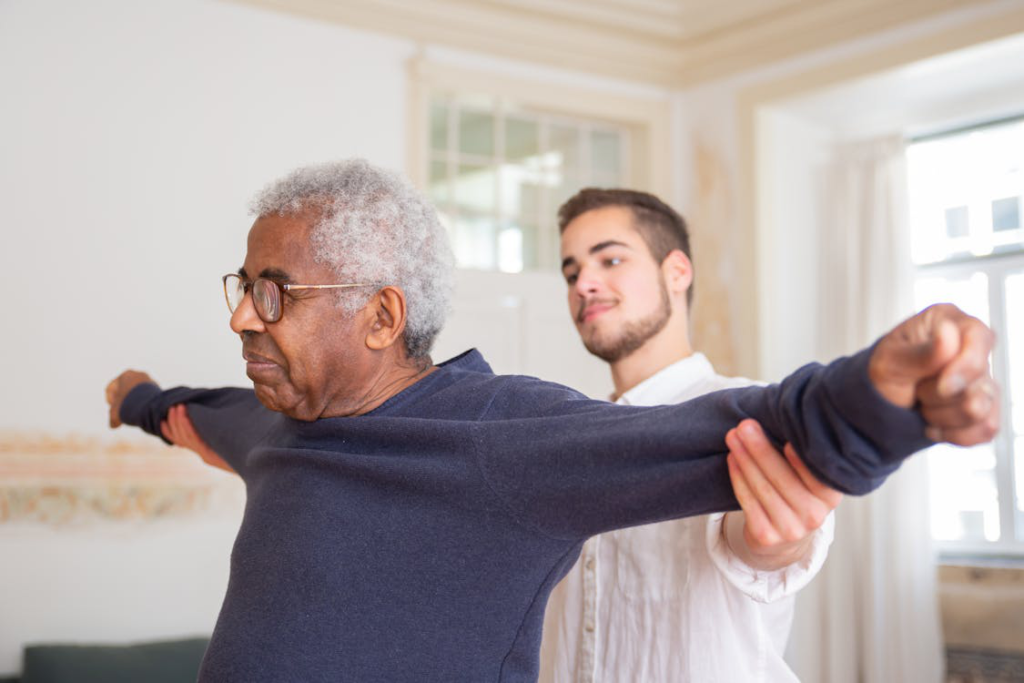Undergoing surgery is a significant event, and the recovery process requires careful planning to ensure a smooth healing journey. Whether it’s a minor procedure or a major operation, preparing for post-surgery care is crucial for a safe and comfortable recovery. From adjusting your living space to arranging for a permanent live-in caregiver, several steps can help patients regain their strength and independence. In this guide, we’ll walk you through what to expect after surgery, how caregivers assist during recovery, and the best ways to prepare your home for post-operative care.
What to Expect After Surgery
Each person’s recovery process is unique, but most post-surgery experiences share common elements. Immediately after surgery, patients may feel weak, drowsy, or experience discomfort due to anesthesia and pain medications. Depending on the procedure, mobility may be restricted, and assistance with daily activities will likely be needed.
Doctors provide detailed post-operative instructions, including:
- Medication schedules
- Wound care guidelines
- Mobility restrictions and recommended exercises
- Dietary recommendations
- Signs of complications to watch for
Some patients recover quickly with minimal support, while others require nursing care at home for medical monitoring and assistance. Knowing what to expect helps both patients and caregivers prepare for a safe and stress-free recovery.
How Caregivers Assist with Recovery
While family members often help during recovery, professional caregivers can provide specialized support to ease the healing process. Here’s how caregivers assist:
1. Help with Daily Activities
After surgery, even simple tasks like getting out of bed, dressing, or using the bathroom can be challenging. Caregivers provide hands-on support, reducing strain and the risk of injury.
2. Medication Management
Many post-surgery patients are prescribed pain relievers, antibiotics, or other medications that must be taken at specific times. A caregiver ensures the correct dosage is taken on schedule and monitors for any side effects.
3. Mobility Support and Fall Prevention
Regaining mobility after surgery is crucial but must be done safely. Caregivers assist with walking, repositioning in bed, and ensuring that patients don’t overexert themselves too soon. This reduces the risk of falls and complications.
4. Meal Preparation and Hydration
Proper nutrition and hydration are vital for healing. Caregivers prepare nutritious meals based on any dietary restrictions and encourage fluid intake to support recovery.
5. Wound Care and Hygiene Assistance
Post-operative wounds require regular care to prevent infection. A trained caregiver can assist with dressing changes, hygiene, and monitoring for signs of complications.
6. Emotional and Mental Support
Recovering from surgery can be emotionally taxing. Patients may feel frustrated by their temporary limitations, but a compassionate caregiver provides encouragement, companionship, and reassurance.
How to Prepare Your Home for Recovery
Making small adjustments to your home before surgery can make a big difference in your recovery. Here are key preparations to consider:
1. Create a Comfortable Resting Area
Set up a designated space where the patient can rest and recover without frequent movement. This could be a bedroom or a recliner in the living room. Essentials like medications, water, tissues, and entertainment (TV remote, books, phone charger) should be within easy reach.
2. Remove Tripping Hazards
Falls are a common risk after surgery. To minimize hazards, remove loose rugs, clear pathways, and improve lighting in hallways and bathrooms. If necessary, install grab bars near the toilet and shower.
3. Arrange for Mobility Aids
Depending on the type of surgery, patients may need a walker, crutches, a cane, or a wheelchair. Having these items ready before discharge ensures a smoother transition.
4. Stock Up on Essentials
Prepare easy-to-make meals, medical supplies (bandages, antiseptics), and comfortable clothing that’s easy to put on and remove. If cooking is a challenge, meal delivery services or caregivers can help ensure proper nutrition.
5. Plan for Assistance
If family members are unable to provide 24-hour care, consider hiring 24-hour caregivers or live-in home care for seniors to ensure continuous support. Professional caregivers are trained to handle post surgery care in Bergen County, provide medical and personal care as required.
Why Professional Home Care Makes a Difference
While family members play an essential role in recovery, experienced caregivers in Bergen County, bring specialized skills and experience to ensure the best possible care.
At Live Easy Home Care, we provide expert assistance tailored to each patient’s needs. Whether you require short-term help or ongoing care, our trained professionals are here to support your recovery journey.
Our services include:
- Nursing care at homefor post-surgery medical needs
- 24-hour caregiversfor round-the-clock support
- Live-in home care for seniorsensuring comfort and safety
- Senior home assistancefor personal care, mobility support, and companionship
Recovering from surgery doesn’t have to be overwhelming. With the right preparation for post-surgery care, you can focus on healing while we handle the rest.
If you or a loved one needs support during post-surgery recovery, contact us today to learn how we can help.








